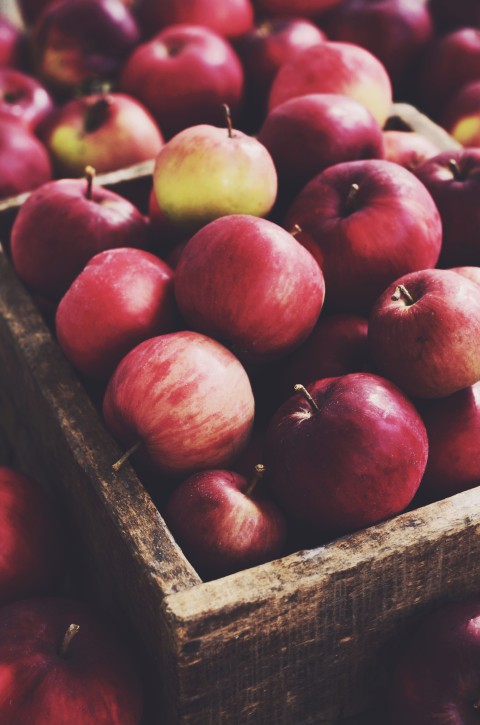Apples for the refugee camp
In Greece, I saw people offer what little they had to share: child care, use of their showers, food.

One day, while I was in the Greek refugee camp of Malakasa as a volunteer, a woman drove up to the camp with a car full of apples from her orchard. The Greek volunteers went out to meet her, and after a long period of arguing with the soldiers in charge, they finally convinced them to allow the apples to be brought in to people in the camp. (The army was always reluctant to take outside food. They were afraid someone from outside would try to poison the people in the camp.)
Suddenly, there were a bunch of joyful camp residents carrying boxes of apples on their shoulders into the camp. Everyone gathered around them to get some.
This kind of generosity was not uncommon. The Greek people, who have suffered a great deal from austerity measures, were reaching out almost continuously. There were so many touching stories of people offering what little they had to share with the newly arriving refugees: food, child care, use of their showers. Many Greek people are the descendants of refugees who fled persecution in Asia Minor in the early 1900s, and they seemed to feel a deep empathy for the current refugees.
Even before the Trump Administration's executive orders, the U.S. has been very slow to respond to the worldwide refugee crisis. We've treated it like a European problem—despite our large role in creating the deadly conditions people are fleeing.
To take just one example, the U.S. created a special visa program for Afghans and Iraqis who worked with us as translators and support staff in those countries, many of whom had their lives threatened or lost family members in retaliation for helping us. Yet at this point, the U.S. has given out fewer than 7,500 of the 27,500 visas that could be given to Iraqis alone—and not for lack of applicants desperate to get to safety. (This American Life recently produced a powerful episode about those applicants).
Given the failure of the U.S. and the E.U. to respond adequately, I find myself thinking more and more about the Greek woman and her apples. How do we, as small communities of people who care deeply, work to offer refuge and compassion to those fleeing such immense violence?




